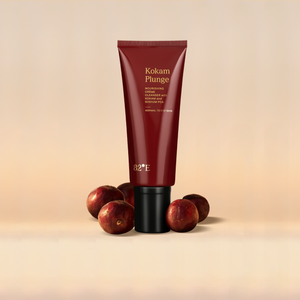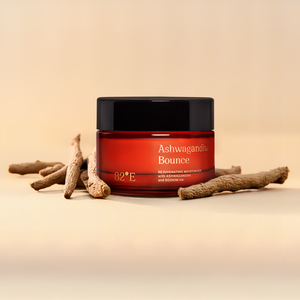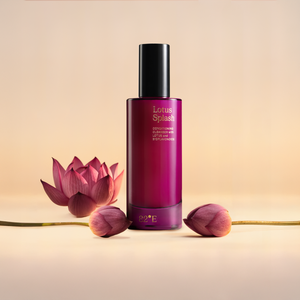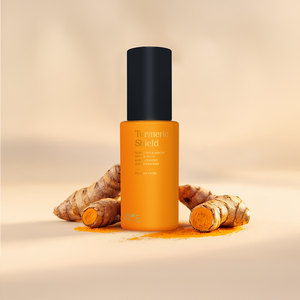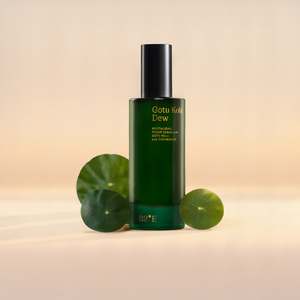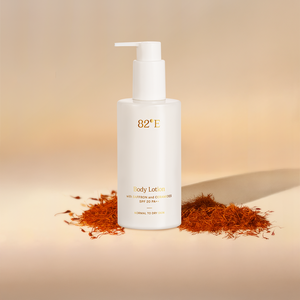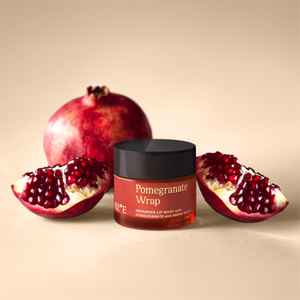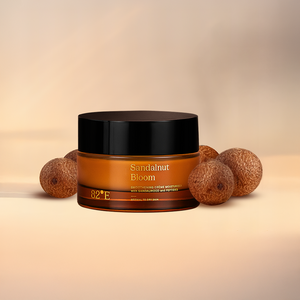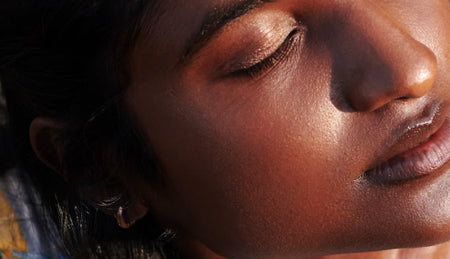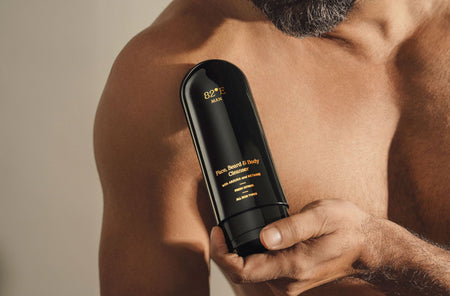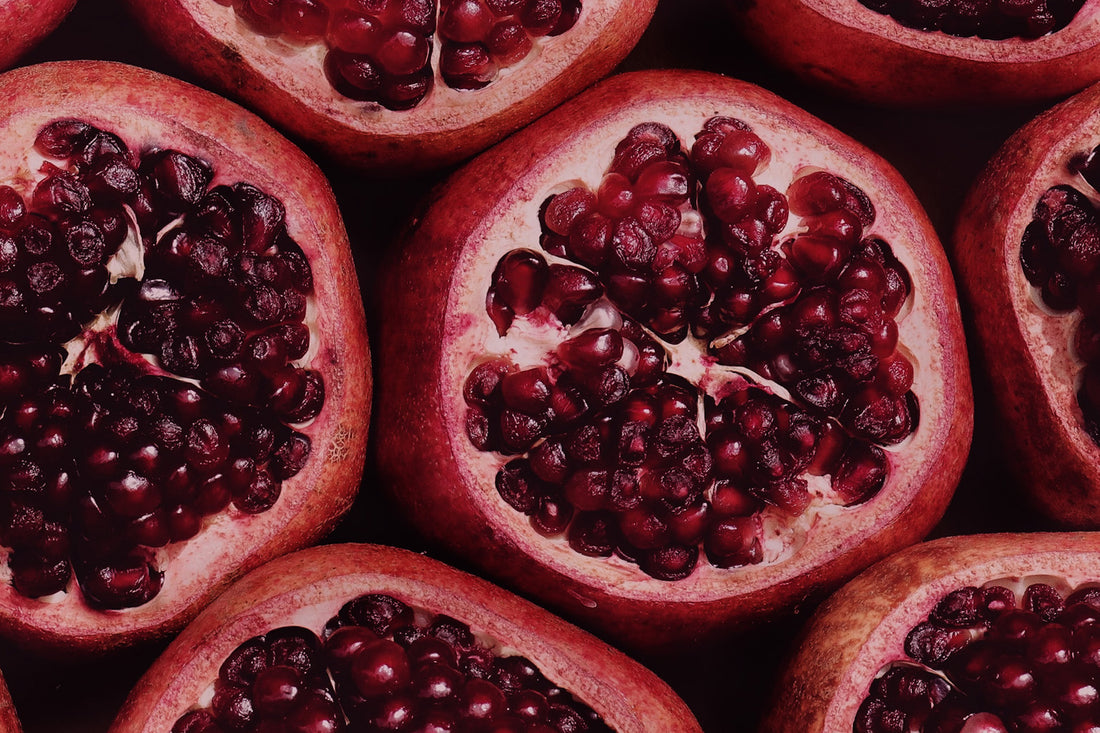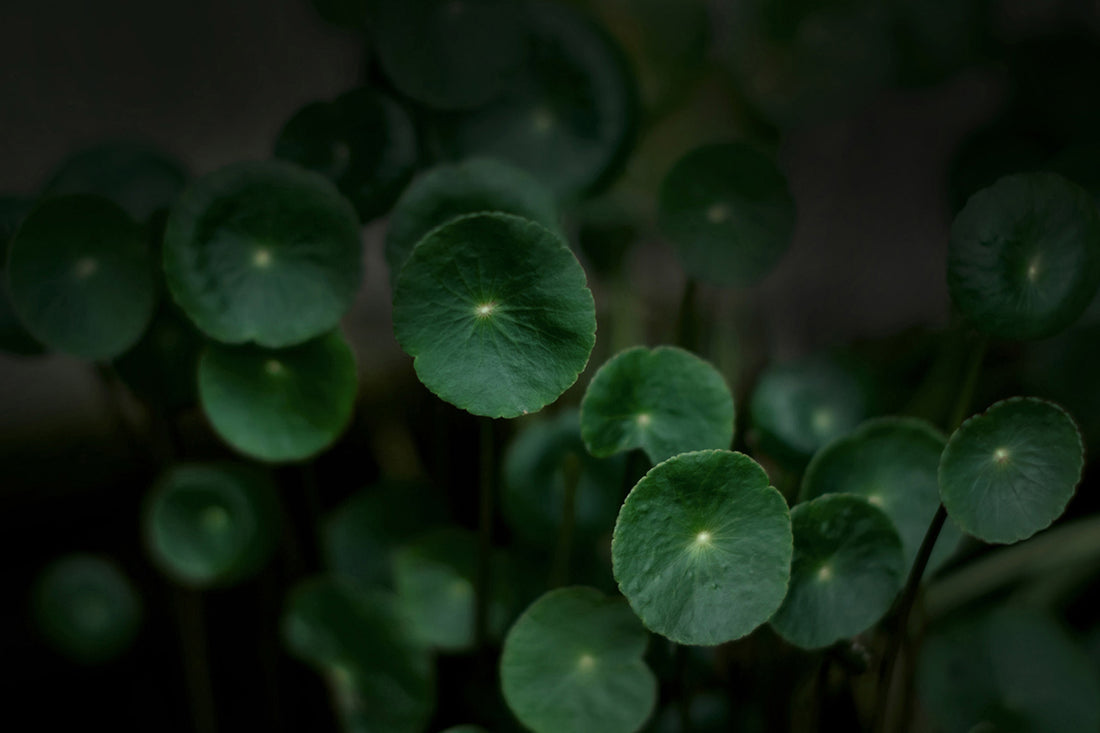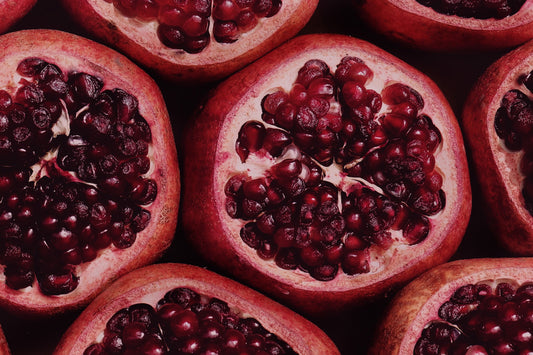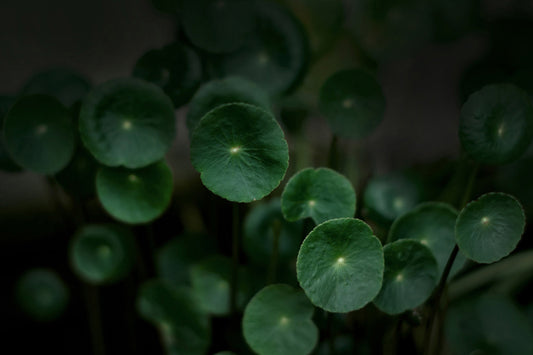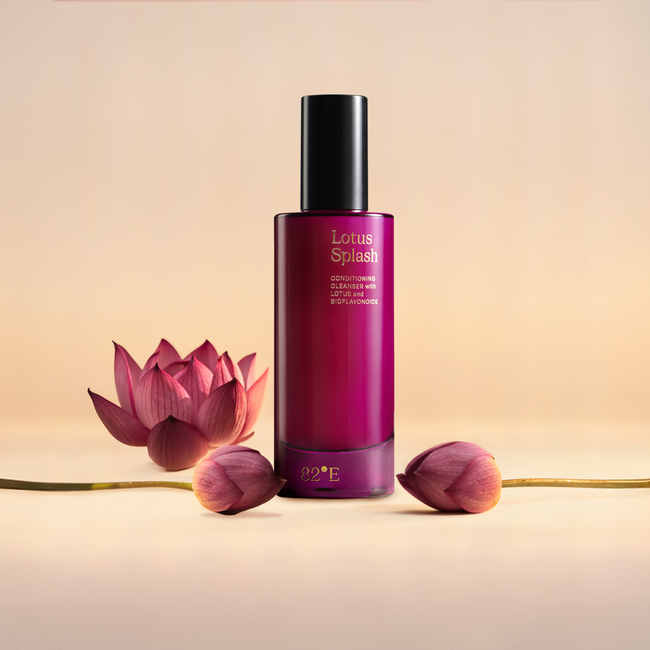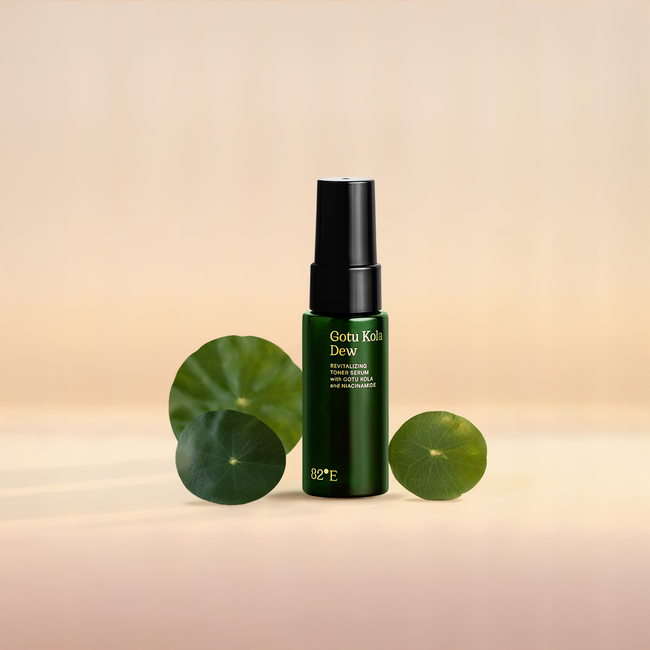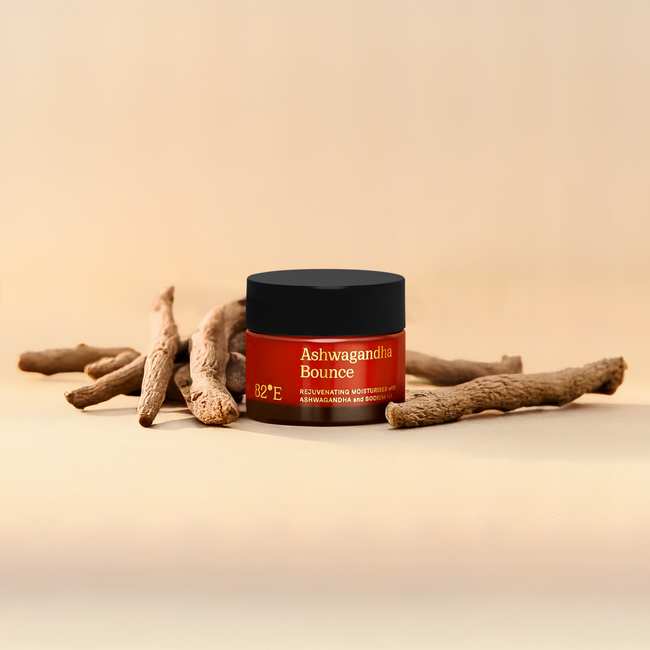
Have you ever glanced in the mirror and wondered, “Is my skin dry or just tight?” Or browsed a skincare aisle thinking, “Which moisturiser is best suited for my skin type?”
These thoughts and doubts, even among skincare enthusiasts, are common. They reflect our growing dedication to understanding and nurturing our skin.
If you are on this journey, the first step is to understand the distinction between dehydrated skin vs dry skin.
Understanding this distinction will help you determine your skin’s unique needs and give you the information you need on how to treat dehydrated skin.
With the right knowledge and tools, you find actionable insights for healthy, well-hydrated, glowing skin.
What Causes Dry or Dehydrated Skin?
Recognising dehydrated skin vs dry skin is crucial to creating an effective skincare regime. By understanding the root causes, you can choose targeted treatments and make informed decisions. This way, you ensure your skin gets the precise care it needs.
For example, if your concern is how to treat dehydrated skin, you will not benefit from using products that are meant for dry skin. These are often oil-rich, but dehydrated skin benefits more from hydrating masks and serums.
Knowledge empowers your daily routine and sets the foundation for lasting skin health.
Dry Skin
Also called xerosis (ze.ROH.sis), dry skin is mainly caused by a lack of natural oils or lipids on the skin’s surface. These oils maintain the skin’s suppleness and barrier protection. A deficiency causes your skin to lose its natural elasticity and suppleness.
Genetics is one of the primary reasons. Like eye colour, the tendency for dry skin can be passed down through the generations. A decline in the activity of sebaceous glands, which are responsible for oil secretion, can also lead to this condition.
The outcome? Skin that feels rough to the touch, often accompanied by a flaky appearance, revealing the need for moisture.
Dehydrated Skin
Dehydrated skin, conversely, is a skin condition rather than a skin type. The main cause here is not an absence of oil. It’s a significant reduction in the skin’s water content.
Imagine your skin as a sponge; it becomes tight and less pliable when devoid of water. Dehydration is a result of several factors. Consumption of excess caffeine is one reason. It acts as a diuretic and can increase water loss from your skin.
Your environment can also be a silent contributor. Prolonged exposure to dry air, whether from air conditioning or harsh winter winds, can strip your skin of its essential hydration.
The result? Skin that feels tight, looks lacklustre, and needs hydration.
Identifying the Signs of Dry vs Dehydrated Skin
It’s easy to confuse dry and dehydrated skin since both can feel tight and somewhat dull. However, when you take a closer look, unique symptoms start to emerge for each.
Dry Skin
- If your skin often feels flaky and rough, you’re probably dealing with dry skin.
- Red patches can sometimes make an unwelcome appearance, adding to the discomfort.
- The feeling of tightness can be especially pronounced after you’ve cleansed your face.
- Another giveaway? The presence of visible fine lines or even tiny cracks makes the skin’s surface uneven.
Dehydrated Skin
- Dehydrated skin often betrays itself with a dull appearance. It lacks the vibrant glow of well-hydrated skin.
- It might also show signs of premature ageing, such as fine lines or wrinkles that are more pronounced than they should be.
- Even without hydration, dehydrated skin can sometimes feel oily on the surface. This happens as the skin produces more oil to compensate for the lack of moisture. This imbalance can sometimes lead to unwelcome breakouts,.
Recognising these distinct signs is crucial. It helps in tailoring your skincare regimen, ensuring that your skin gets the right kind of care it truly needs.
How to Treat Dehydrated Skin and Dry Skin
Understanding the fine line of distinction between dry and dehydrated skin is only half the battle. The real magic effectively addresses these concerns, leading to healthier, more vibrant skin.
For Dry Skin
Here’s how you can give your dry skin the care it needs:
- Nourish with the Right Products: Consider using products that are rich in nourishing oils and lipids. These ingredients act as a balm for the skin, sealing in moisture and preventing dryness.
- Key Ingredients to Look for: Shea butter, ceramides, and essential fatty acids are superfoods for dry skin. They offer immense moisturisation to ensure that your skin remains soft and supple.
- Avoid Over-stripping: Harsh soaps and cleansers strip your skin of natural oils. This can worsen skin dryness. Opt for gentle hydrating cleansers that cleanse without compromising the skin’s natural barriers.
For Dehydrated Skin
Here’s how to treat dehydrated skin:
- Prioritise Hydration: Dehydrated skin benefits from water-rich products like a plant perks up after being watered. Hydrating products restore the skin’s water balance, making it look plump and youthful.
- Your Hydration Heroes: Ingredients like hyaluronic acid, glycerine, and aloe vera work wonders. They draw moisture to the skin and lock it in, ensuring long-lasting hydration.
- Dietary Adjustments: What you consume affects your skin as well. Drink adequate water to hydrate from within. At the same time, consider limiting caffeine, which is a diuretic and potentially aggravates hydration levels.
With these targeted strategies, you do more than address the symptoms. You’re working towards holistic skin health. You ensure your skin remains resilient and radiant, regardless of its challenges.
How To Focus on Prevention over Cure
By taking a few proactive measures, you can learn how to treat dehydrated skin and dry skin.
-
Gentle Cleansing is Key:

Starting your skincare routine with the right cleanser sets the tone for everything that follows. Opt for a gentle cleanser that cleans without being aggressive. This ensures that your skin’s natural oils remain intact and its moisture balance isn’t disrupted.
Lotus Splash from 82°E is an excellent choice for dry skin. This cleanser with lotus and bioflavonoids is clinically proven to hydrate and moisturise your skin.
Dehydrated skin often feels oily, and Sugarcane Soak from 82°E is an outstanding cleansing option. Daily use has proven to maintain oil balance by reducing sebum secretion. It makes your skin appear matte and oil-free. -
Deep Hydration with Moisturisers:

After cleansing your skin, you need to set the foundation for optimal hydration. Stripped of daily impurities, your skin is now primed to absorb the full benefits of a high-quality moisturiser.
Effective moisturising not only replenishes water content but also strengthens your skin’s natural barrier. This prevents future moisture loss and maintains a smooth, supple texture.
Ashwagandha Bounce is our bestseller because it offers instant hydration to your skin. With regular use, you’ll also notice that your skin appears clearer and smoother.
With Cucumber Quench you’re indulging your skin with a splash of hydration that’s instantly refreshing. It promises to restore your skin’s vibrancy and resilience and make it appear mattified. -
The Power of Exfoliation: Over time, dead skin cells can accumulate on the skin’s surface, acting as a barrier. Periodic exfoliation helps clear this layer, allowing moisturising products to seep deeper and work more effectively.
However, it’s essential to choose an exfoliator suitable for your skin type and not overdo it. Try our luxurious Manjishtha Mud face mask for a weekly clarifying routine. -
Shield with Sunscreen:

The sun, an excellent source of vitamin D, can be skin’s arch-nemesis when it comes to dryness and dehydration. UV rays are particularly harsh. They drain your skin from its moisture and intensify dryness.
At 82°E, our SPF 40 sunscreens are formulated to protect you best.
Licorice Beam is a gel sunscreen best suited for those with oily skin. It also helps your skin look healthy and hydrated.
Patchouli Glow sunscreen drops will make your skin feel supple. It also helps to make your skin feel softer and brighter.
Whether it’s sunny or cloudy, make sunscreen your daily companion. It protects against dryness and prevents signs of premature ageing and potential sun damage.
Incorporating these preventive steps into your routine doesn’t just address immediate concerns. It sets the foundation for long-term skin health, ensuring your skin remains buoyant, hydrated, and radiant through the seasons.
The Conclusion on Dehydrated Skin vs Dry Skin
The secret to effective skincare is understanding your skin’s unique needs. The differences between dehydrated skin vs dry skin play an essential role in this. Understanding these nuances is like having a detailed guide to what your skin truly craves. Empowered with this knowledge, you can create a skincare regimen that addresses current concerns and also sets the foundation for healthy, hydrated skin in the long term.
But beyond the topical treatment, remember the adage: “You are what you eat.” Being conscious of your food choices, ensuring you consume nutrient-rich foods, and staying hydrated are equally vital. Your skin often mirrors what’s happening inside, so give it the best of both worlds.
Learning how to treat dehydrated skin or dry skin isn’t just about skincare—the understanding and mindfulness behind those choices truly make a difference.
